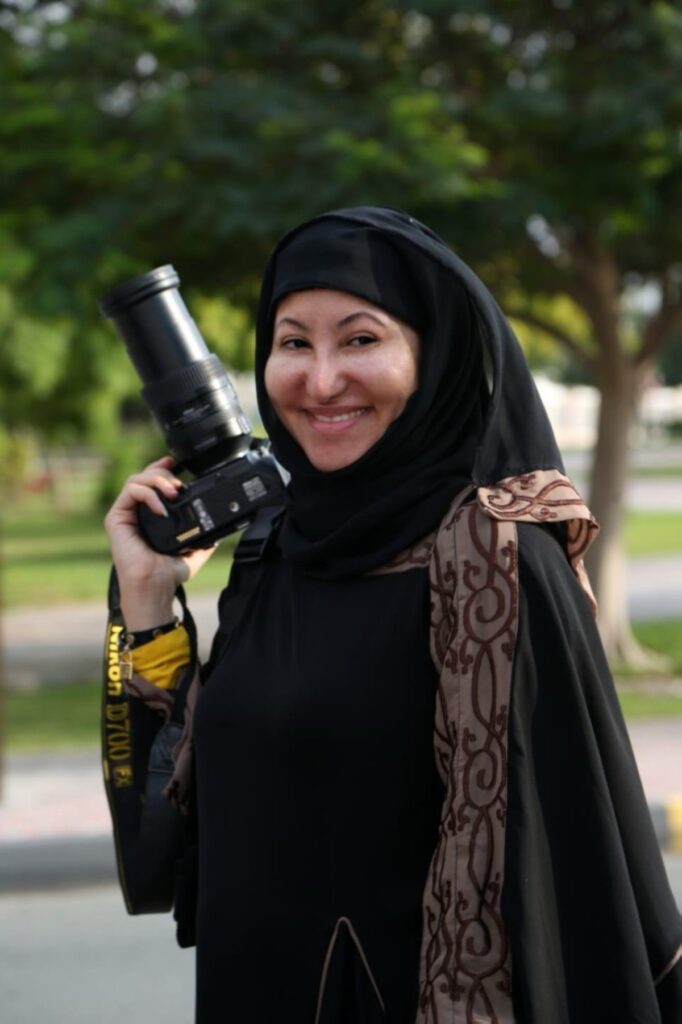KUWAIT: The Kuwait Environmental Protection Society has warned that extreme temperature increases pose a growing threat to bird migration, citing scientific studies showing a decline in global bird populations, with some species extinct and others facing serious risk due to shifting climatic conditions. Samira Al-Khalifa, bird observer and head of the Environmental Photography Team at the Society, explained that migration in extreme heat represents one of the greatest risks to birds’ survival. “Birds are often forced to divert from their natural routes, expending energy that can lead to exhaustion and dehydration,” she said.
She noted that birds tend to avoid feeding in hot climates to limit internal heat, adding stress during flight, while respiratory problems caused by high temperatures further weaken their chances of survival. Al-Khalifa stressed that Kuwait is an important corridor for bird migration, with sites such as the Jahra Nature Reserve providing essential habitats. However, she pointed out that rising temperatures have taken a toll, citing the deaths of heron chicks during monitoring on Kubbar Island.
She added that global warming, caused by rising levels of carbon dioxide, methane and other greenhouse gases, is a primary driver of temperature spikes worldwide. “This phenomenon prevents reflected sunlight from escaping into space, amplifying climate change,” she said. Highlighting the role of birds in maintaining ecological balance, Al-Khalifa explained that they control pests and insects, aid in seed dispersal, and contribute to natural cycles that benefit human, plant and animal life. “Scavenger birds consume carcasses, while smaller birds disperse seeds attached to their legs, helping sustain plant life cycles,” she said.
Al-Khalifa warned that intensifying heat waves have triggered frequent forest fires, destroying vital habitats for birds and threatening their nesting, food sources and survival. She also noted that climate change is disrupting migration schedules, leading to “phenological mismatches” where birds arrive before insect populations, their main food source, have developed, affecting reproduction and survival.
She further explained that global warming also influences breeding cycles and may even alter the size and shape of birds as they adapt to local conditions. To mitigate these risks, Al-Khalifa outlined six measures: preserving natural bird habitats, expanding protected areas, planting trees, providing water in bird-populated regions — particularly remote areas — reducing greenhouse gas emissions, and ensuring safe disposal of industrial waste.

